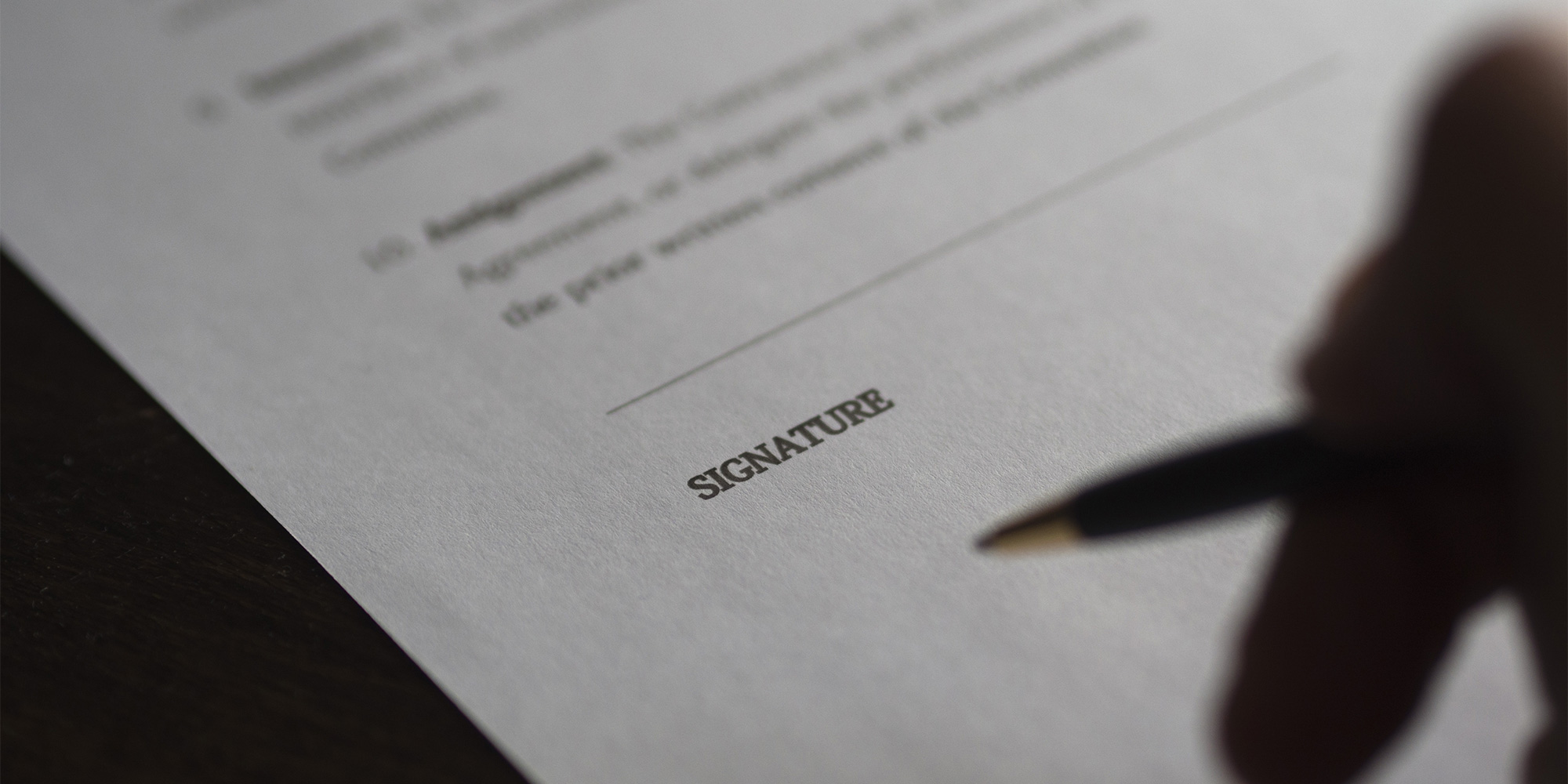
25 Jul Three things you should ask yourself before signing that lease
1. How much will I need to spend to make the space functional for my business?
Leased space is usually a blank slate. You will need to tailor the space to suit your specific business needs. How will you use the facility? Will you need a customer entrance, a main work space, or a loading dock? If your business uses a lot of technology or manufacturing equipment, both are expensive to install and expensive to move. Once installed, you have to factor in additional downtime costs if you ever need to move. Moving in may be the easy part. Moving out may be a lot harder. Your prospective landlord knows this and you should too.
Ideally, you want the space to work for you for as long as possible. Consider getting options to extend the lease agreement at a fixed rental rate or, if possible, purchasing the facility. Without options, you will become a captive tenant and your landlord will become an unexpected partner in your business.
2. How long will I realistically stay here?
Business owners often respond to immediate growth pains and needs only to find they’ve locked themselves into a space that doesn’t fit their business for long. Leasing space can be a lot like buying kids shoes: you buy them big, they fit for a few weeks, and then they’re too small. You don’t want this kind of situation to limit your future growth.
If your business’s equipment relocation and reinstallation costs are low, consider getting a shorter-term lease, or a longer-term lease with a one-time right to terminate. The termination fee may be cheaper than trying to continue working in a space where your business doesn’t fit and can’t thrive to its full potential. Take the time to think through how long the leased space can really serve you.
3. What do I know about the landlord?
Landlords dive deep into your business finances and sometimes even your personal finances. They usually want to speak to your previous or current landlord, and will visit your existing space. They go to great lengths to protect themselves from getting into a long-term relationship with a bad tenant.
Tenants should do their own deep dive of landlords. Talk with the landlord’s existing tenants – what has been their experience? Are there ongoing issues or red flags? Conduct a web search of the landlord and the facility. Using the landlord’s name and the word “lawsuit” will sometimes yield interesting results. Ask others in the real estate industry about the reputation of your prospective landlord. You are getting into a long-term relationship with a landlord. Do your homework.


